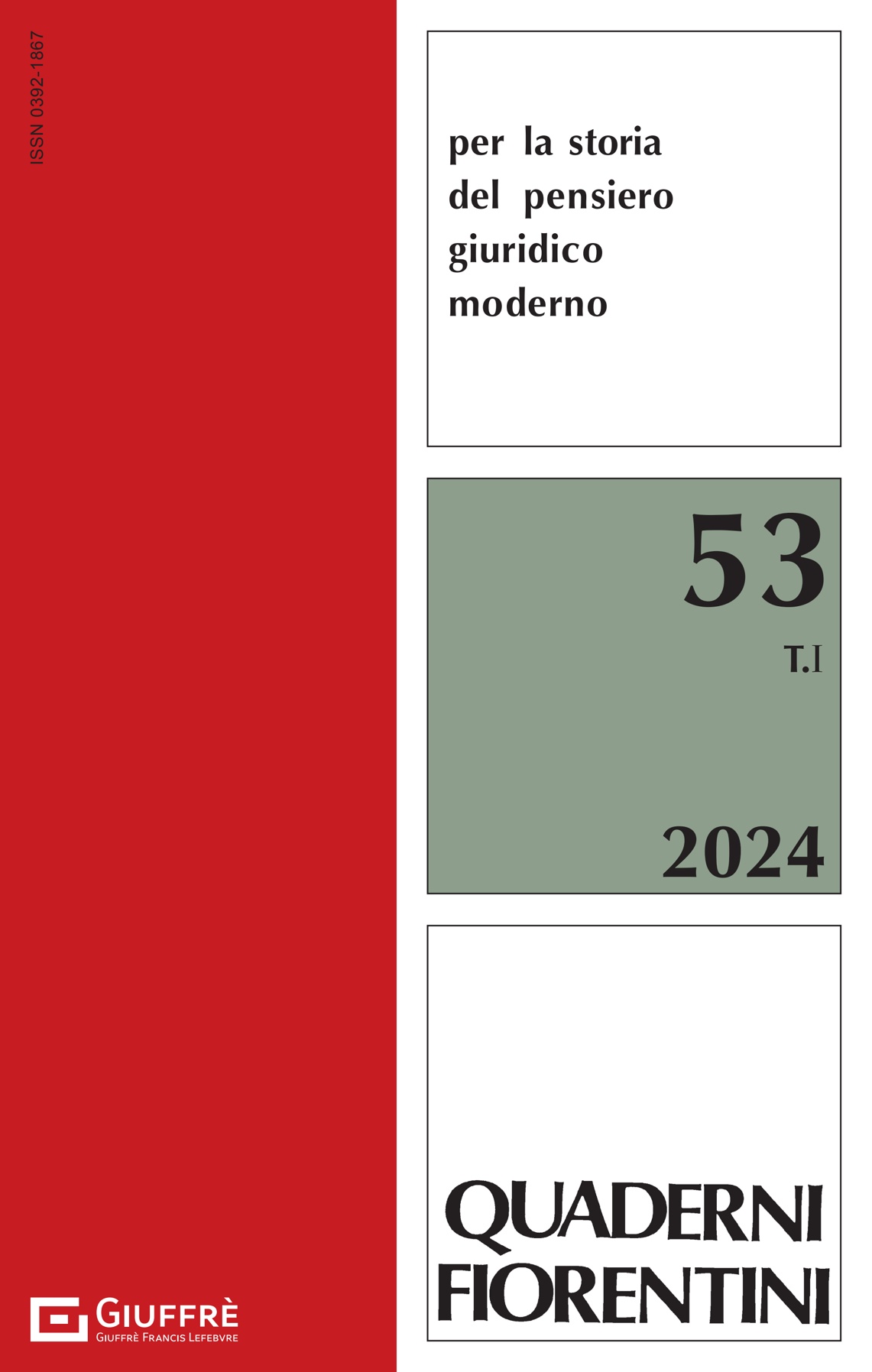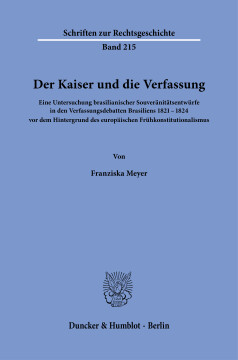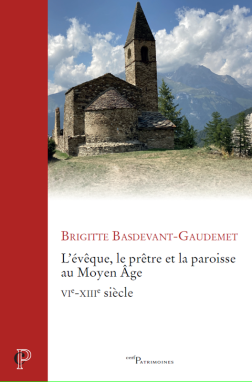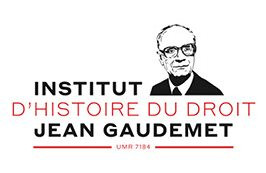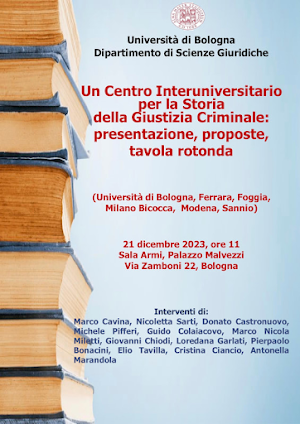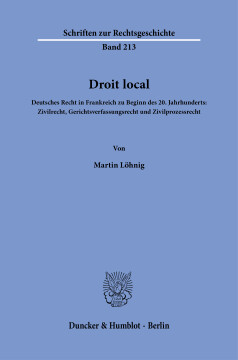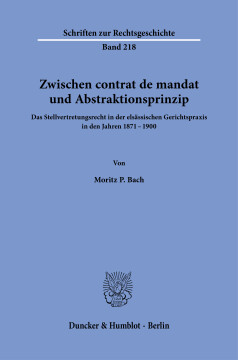The
International Research Network I.R.N. PHEDRA organizes its second summer school
in La Rábida (Palos de la Frontera, Spain) on 25-28 June 2024.
Following
the basis of the first summer school, the purpose of the event is to provide an
exceptional opportunity to the participants to present their ongoing research
before a group of specialists in commercial legal history matters, in order to
generate fruitful discussions resulting in valuable feedback that will enrich
and improve their work.
PHEDRA
project concerns the history of business law, from Antiquity to the
present day, focusing on norms and practices that developed around Europe
to support commerce and business exchange which led to the transformation of
societies and gave commercial law its features. The project is particularly
interested on the sources we use to trace and reconstruct the evolution of
commercial law, paying careful attention to the cultural background that
constitutes its “European legal ecosystem”.
The
summer school is addressed to PhD students and young post-doc
working on related topics to business law history in the framework of the
chronological and geographical scope of PHEDRA project.
Opening up to the social
sciences
being one of the methodological pillars of PHEDRA, the organizers not only
encourage the application of legal history PhD students and
young post-doc, but also historians, economists and social scientists
in general. The second PHEDRA summer school intends to produce stimulating
interdisciplinary discussions in a very international and friendly academic
atmosphere.
|
All travel,
accommodation and meal costs of participants
will be covered by
the organization.
|
Structure of the sessions
A
key goal of the summer school is to create a useful and stimulating academic
experience for all participants.
Ample
space will be given to the presentation and discussion of research work by PhD
students and young postdocs.
Each
session will also consist of a lecture or workshop led by one or more members
of the pedagogical team. This will facilitate active exchanges between
participants and lectures throughout the event. Since the main objective of the
summer school is to provide feedback to PhD student and young researchers, the
structure of the sessions prioritizes discussions rather than long
presentations.
The panel of the PHEDRA
Summer School 2024:
Anja
Amend-Traut – Julius-Maximilians-Universität Würzburg
Luisa
Brunori – Cnrs/École Normale Supérieure/Université Paris Nanterre
Giovanni
Chiodi – Università di Milano Bicocca
Olivier
Descamps – Université Paris Panthéon-Assas
Dave
De ruysscher – Tilburg University/Vrije Universiteit Brussel
Ana
Belem Fernández Castro – Scuola Superiore Meridionale, Naples
Florent
Garnier – Université Toulouse Capitole
Stefania
Gialdroni – Università di Padova
Ron
Harris – Tel Aviv University
Dario
Mantovani – Collège de France
Georges
Martyn – Gand University
Annamaria
Monti – Università Statale di Milano
Carlos
Petit Calvo – Universidad de Huelva
Heikki
Pihlajamäki – Helsinki University
Xavier
Prévost – Université de Bordeaux - IUF
Guido
Rossi – Edimburgh University/Università di Palermo
Date and location
The
PHEDRA summer school will take place between Tuesday 25 and Friday 28
June 2024, at the International University of Andalusia, in La
Rábida, Palos de la Frontera, Spain.
Reimbursement of travel
expenses and accommodation:
All
participants' travel expenses will be reimbursed.
Accommodation
and meals from dinner on 25 June to breakfast on 28 June will be fully covered
by the organization.
PHEDRA
promotes sustainable mobility of researchers: as far as is reasonable, rail
travel should be preferred to air travel.
How to Apply
Applicants
are requested to send a CV and an abstract of their PhD thesis (maximum 1 page)
to the email address phedrasummerschool@gmail.com
The
deadline for submitting applications is 31 January 2024.
Accepted
applicants will be notified by 15 February 2024
PHEDRA
Pour une Histoire Européenne du DRoit des Affaires
Appel à candidatures
École d'été
internationale 2024
25 - 28 juin 2024, La Rábida, Palos de la
Frontera, Espagne
L’International Research Network I.R.N.
PHEDRA organise sa deuxième École d'été à La Rábida (Palos de la Frontera,
Espagne) du 25 au 28 juin 2024.
L’objectif
de l'École est d'offrir une occasion privilégiée pour les doctorants
et les jeunes post-doc de présenter leurs recherches en cours
devant un groupe de spécialistes de l’histoire du droit des affaires.
Le projet
PHEDRA s’intéresse à l'histoire du droit des affaires, de l'Antiquité
à nos jours, en se concentrant sur les normes et les pratiques qui se sont
développées à travers l'Europe participant à la transformation
des sociétés et façonnant le monde des affaires. Le projet s'intéresse
particulièrement aux sources utilisées pour retracer et reconstruire
l'évolution du droit commercial, en accordant une attention particulière au
contexte culturel qui constitue son "écosystème juridique européen".
L'École
d'été s'adresse aux doctorants et aux jeunes post-docs qui travaillent sur des
sujets liés à l'histoire du droit des affaires dans le cadre chronologique et
géographique du projet PHEDRA.
L'ouverture aux sciences sociales étant l'un des
piliers méthodologiques de PHEDRA, les organisateurs encouragent non seulement
la candidature des doctorants et des jeunes post-doctorants en histoire
du droit, mais aussi celle des
jeunes historiens, économistes et jeunes chercheurs en sciences
sociales en général.
La l’École
d'été PHEDRA a pour objectif créer le cadre pour des discussions
interdisciplinaires stimulantes dans une atmosphère intellectuelle
internationale et amicale.
|
Tous les frais de voyage, d'hébergement et les repas
des participants
seront pris en charge par l'organisation.
|
Structure des sessions
L'un des
principaux objectifs de l'École d'été est de créer une expérience académique
fructeuse et stimulante pour tous les doctorants et les jeunes post-doc.
Une large
place sera accordée à la présentation et à la discussion des travaux de
recherche des doctorants et des jeunes post-doctorants.
Chaque
session comprendra également une conférence ou un atelier animé par un ou
plusieurs membres de l'équipe pédagogique.
L'objectif
principal de l'École d'été étant de fournir un retour utile aux doctorants et
aux jeunes chercheurs, la structure des sessions privilégie les discussions
plutôt que les longues présentations.
L’équipe pédagogique de l'école d'été
PHEDRA 2024 :
Anja
Amend-Traut - Université Julius-Maximilians de Würzburg
Luisa
Brunori - Cnrs/École Normale Supérieure/Université Paris Nanterre
Giovanni
Chiodi - Université de Milano Bicocca
Olivier
Descamps - Université Paris Panthéon-Assas
Dave De
ruysscher – Tilburg University/Vrije Universiteit Brussel
Ana Belem
Fernández Castro - Scuola Superiore Meridionale, Naples
Florent
Garnier - Université Toulouse Capitole
Stefania
Gialdroni - Université de Padoue
Ron Harris -
Université de Tel Aviv
Dario
Mantovani - Collège de France
Georges
Martyn - Université de Gand
Annamaria
Monti - Università Statale di Milano
Carlos Petit
Calvo - Université de Huelva
Heikki
Pihlajamäki – Helsinki University
Xavier
Prévost - Université de Bordeaux - IUF
Guido Rossi
- Université d'Edimburgh/Université de Palerme
Date et lieux
L’École
d'été PHEDRA aura lieu du mardi 25 au vendredi 28 juin 2024,
à l'Université internationale d'Andalousie, à La Rábida, Palos de la Frontera,
Espagne.
Remboursement des frais de voyage et de logement
:
Tous les
frais de voyage des participants seront remboursés.
L'hébergement
et les repas, du dîner du 25 juin au petit déjeuner du 28 juin, seront
entièrement pris en charge par l'organisation.
PHEDRA
encourage la mobilité soutenable des chercheurs : dans la mesure du possible,
les participants sont priés de préférer les voyages en train aux voyages en
avion.
Comment poser sa candidature :
Les
candidats devront envoyer un CV et un résumé de leur thèse de doctorat (maximum
1 page) à l’adresse phedrasummerschool@gmail.com
La date
limite de dépôt des candidatures est fixée au 31 janvier 2024.
Les
candidats acceptés seront informés au plus tard le 15 février 2024.
Toutes les
informations sur : https://phedraproject.wordpress.com/the-phedras-summer-school-29-6-1-7-2022/



